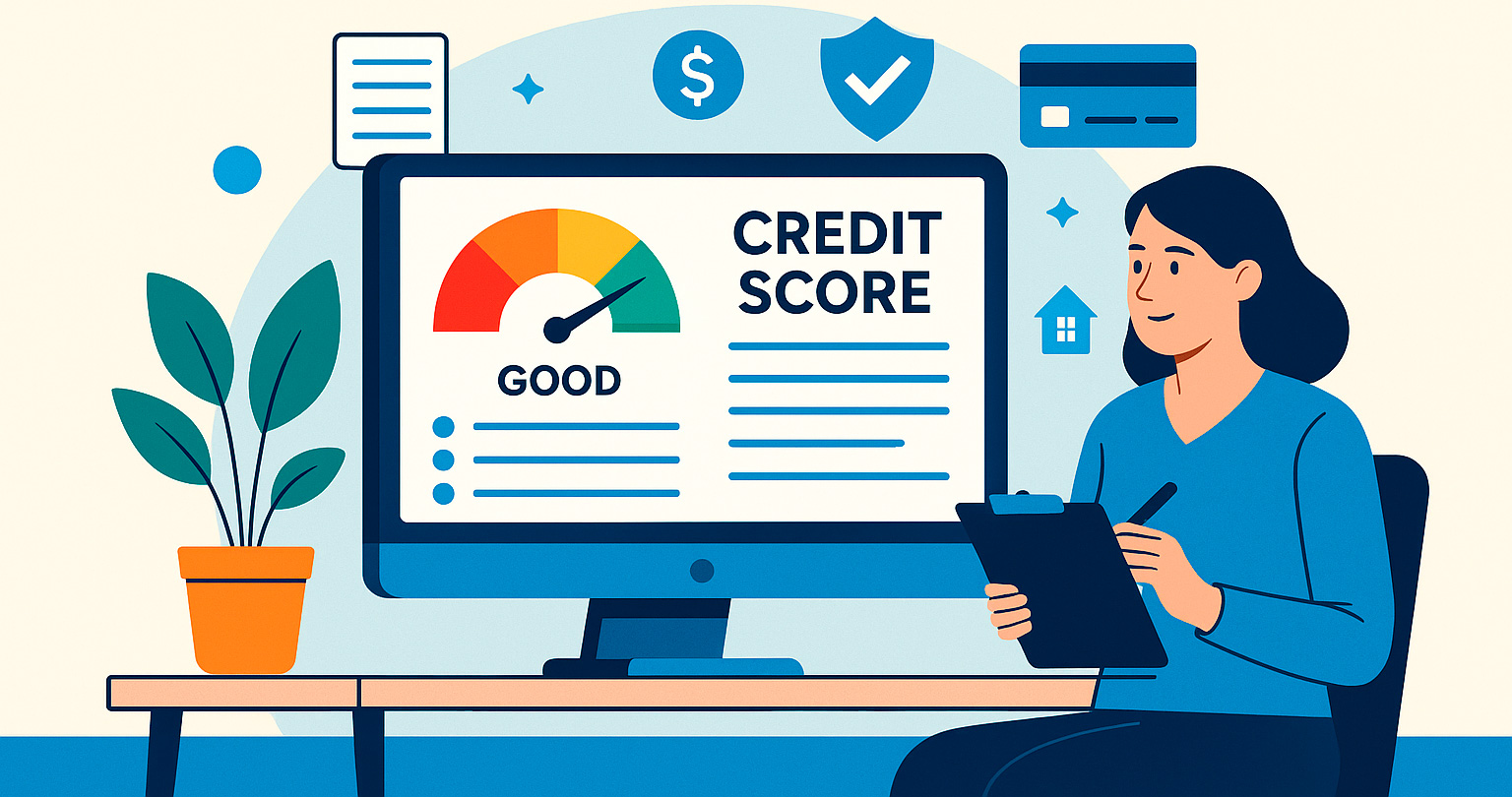Understanding Credit: Building a Stronger Financial Future
Credit has become one of the most important aspects of modern financial life. Whether you want to buy a home, finance a car, or simply qualify for a low-interest credit card, your credit score and history play a central role. Yet many people find credit to be confusing or even intimidating. How does it work, why does it matter, and what can you do to manage it effectively? In this article, we’ll explore the essentials of credit, break down the common challenges, and highlight strategies for improving your financial health.
Why Credit Matters
At its core, credit is a reflection of trust. Lenders want to know if you are reliable when it comes to paying back borrowed money. A strong credit score can open doors to better interest rates, larger loan approvals, and more flexible financial options. On the other hand, a poor credit history can make even simple borrowing expensive, or in some cases, impossible.
Credit doesn’t just influence loans. Insurance companies, landlords, and even employers in certain industries may look at your credit profile to judge reliability. This makes managing credit not just a financial concern, but also a life skill that impacts everyday opportunities.
Helpful Credit Resources
Fortunately, there are many resources available to help people improve their credit. Nonprofit credit counseling agencies can assist with budgeting and negotiating with creditors. Online tools and apps now make it easier than ever to track spending, monitor credit scores, and plan for debt repayment. Even financial institutions often provide free educational resources to help customers understand their options.
For those seeking structured guidance, specialized companies such as the credit people have built a reputation for helping individuals repair and strengthen their credit. Working with a service like this can provide clarity, reduce stress, and speed up the journey toward a healthier financial future.
| Factor | Weight | Impact on Score |
|---|---|---|
| Payment History | 35% | Shows consistency in paying bills on time |
| Credit Utilization | 30% | Measures how much of your available credit you use |
| Credit History Length | 15% | Rewards longer and stable borrowing records |
| Credit Mix | 10% | Considers variety of credit types (cards, loans, mortgages) |
| New Credit | 10% | Accounts for recent credit applications |
Common Credit Challenges
Despite its importance, many people run into difficulties with credit. High interest rates on credit cards, unexpected medical bills, or sudden job loss can quickly lead to missed payments. Once negative marks appear on your report, it can take years for them to fade away. Another common challenge is the lack of credit history. Young adults or immigrants may find it difficult to secure loans simply because they haven’t had time to build a record of responsible borrowing.
Typical Issues Borrowers Face
- High balances on revolving credit accounts
- Missed or late payments that damage the report
- Limited history making it hard to qualify for loans
- Errors on credit reports that go unnoticed
These challenges are real, but they are not permanent. With the right tools, anyone can move from financial stress to financial stability.

Steps to Improve Your Credit
Improving credit is a gradual process, but consistent effort pays off. The first step is to review your credit report. In the United States, you’re entitled to a free copy from each of the three major bureaus once a year. Checking your report allows you to spot errors and dispute inaccuracies that may be dragging down your score.
How Credit Scores Are Calculated
Credit scores are built from several factors. The most important is your payment history, which shows if you pay your bills on time. Next comes credit utilization—how much of your available credit you’re currently using. Other elements include the length of your credit history, the types of credit accounts you have, and any recent applications for new credit. Together, these pieces form a score that ranges from poor to excellent.
Practical Tips
- Pay bills on time every month.
- Work on paying down high balances, starting with the highest interest accounts.
- Avoid closing old credit cards to preserve history length.
- Limit new credit applications unless absolutely necessary.
Credit and Long-Term Financial Goals
Credit is not just about numbers on a report; it’s about the opportunities those numbers can unlock. Strong credit makes it possible to qualify for a mortgage at a lower rate, saving thousands of dollars over the life of a loan. It allows you to finance education, invest in a business, or simply gain the peace of mind that comes from financial flexibility. By managing credit wisely today, you are essentially investing in tomorrow’s freedom and security.
Final Thoughts
Credit can feel overwhelming, but it doesn’t have to remain a mystery. By understanding how it works, addressing challenges head-on, and using available resources, anyone can take control of their financial future. A good credit score isn’t built overnight, but with consistent effort and the right support, it is absolutely achievable. Think of credit as a tool—one that, when managed well, can shape a stronger, more confident financial life.
